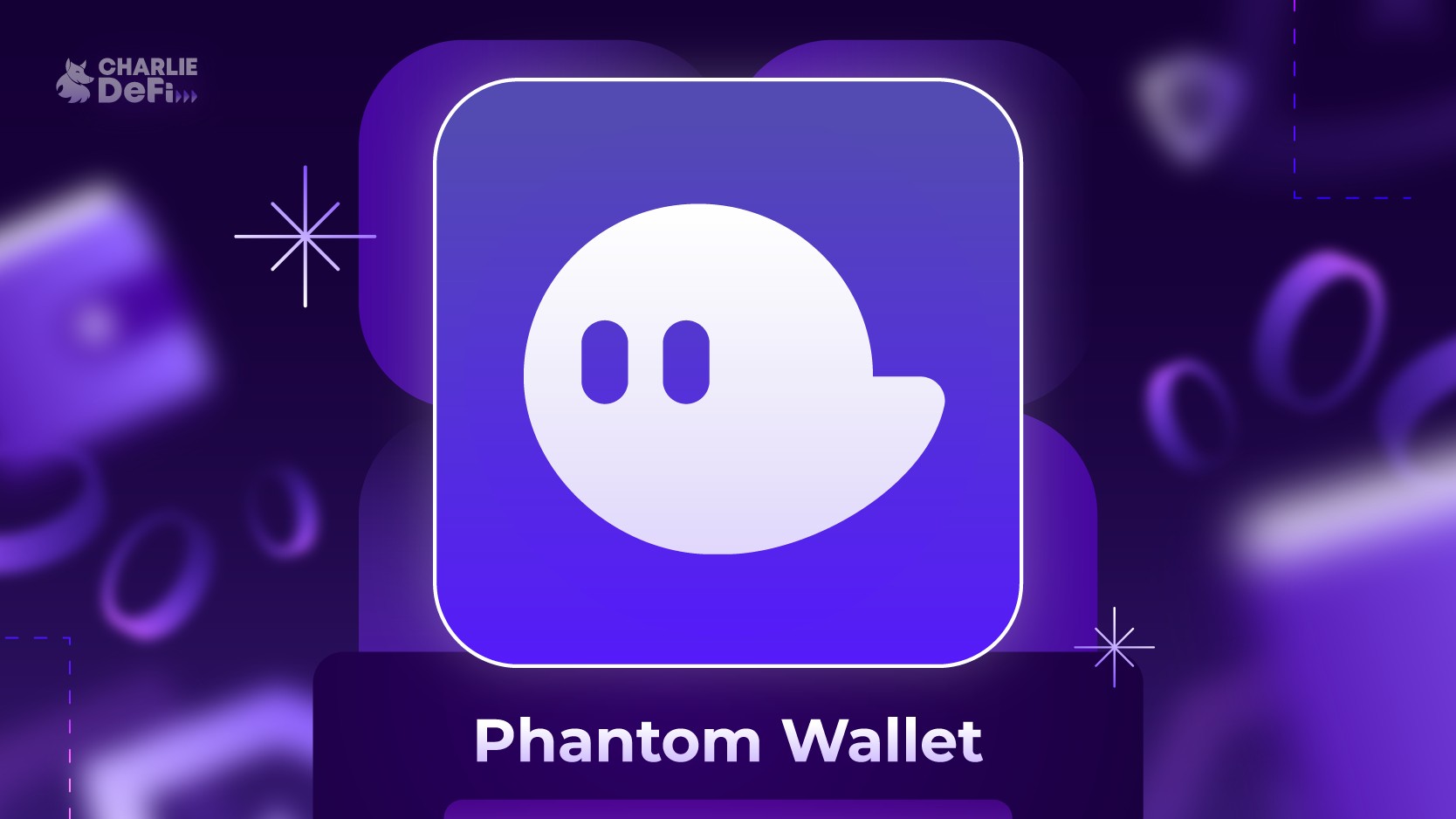Phantom Wallet is a popular and user-friendly cryptocurrency wallet designed for the Solana blockchain. As Solana’s ecosystem has gained significant traction in the world of decentralized finance (DeFi), Phantom has emerged as one of the most widely used wallets for managing Solana-based assets. With a focus on simplicity, security, and performance, phantom wallet has become the go-to solution for users looking to interact with Solana’s fast and affordable blockchain.
1. What is Phantom Wallet?
Phantom Wallet is a non-custodial wallet that allows users to store, send, receive, and manage Solana-based tokens and assets. It acts as a gateway to the Solana blockchain, providing an easy interface for users to interact with decentralized applications (dApps), participate in staking, and trade Solana-based NFTs.
Launched in 2021, Phantom Wallet has quickly gained popularity due to its ease of use, fast transaction times, low fees, and a robust set of features that cater to both novice and experienced cryptocurrency users.
2. Key Features of Phantom Wallet
a. Cross-Platform Support
Phantom is available as both a browser extension (for Google Chrome, Firefox, Brave, and Edge) and a mobile app (for iOS and Android), ensuring that users can access their wallets seamlessly across various devices.
b. User-Friendly Interface
Phantom Wallet is known for its intuitive and visually appealing interface. Even users new to the crypto world can easily understand how to manage their tokens, make transactions, and explore dApps. The wallet’s design aims to simplify the process of interacting with the Solana blockchain.
c. Staking Support
Phantom allows users to stake their Solana (SOL) tokens directly within the wallet. This feature helps users participate in the network’s consensus mechanism by delegating their tokens to validators and earning staking rewards. Phantom offers a list of recommended validators, making staking easy to navigate.
d. NFT Support
Phantom Wallet supports Solana-based NFTs, making it a great option for users interested in collecting or trading digital art and collectibles. The wallet integrates with popular Solana NFT marketplaces like Solanart and Magic Eden, allowing users to easily view and manage their NFT collections.
e. Security and Privacy
Phantom Wallet is non-custodial, meaning that users retain control of their private keys. This enhances security and ensures that no third party can access their assets. Additionally, Phantom Wallet supports encryption and secure backup options, including seed phrases to recover the wallet in case of device loss.
f. Multi-Asset Support
While Phantom is primarily designed for Solana-based tokens, it also supports a wide range of tokens on the Solana blockchain, including stablecoins like USDC and USDT, as well as tokens from decentralized applications and DeFi protocols.
g. In-App Token Swaps
Phantom Wallet integrates with decentralized exchanges (DEXs) on Solana, allowing users to swap one token for another directly within the wallet. This eliminates the need for external platforms, streamlining the trading experience.
3. How to Set Up Phantom Wallet
Setting up Phantom Wallet is straightforward. Here’s a step-by-step guide:
- Install Phantom Wallet: Go to the Phantom website or your device’s app store (for mobile) and install the wallet extension or app.
- Create a New Wallet: Open the app and choose the option to create a new wallet. You will be asked to generate a new wallet with a unique seed phrase. Make sure to store this phrase safely as it is crucial for recovering your wallet.
- Set Up a Password: After generating the seed phrase, set a secure password for additional protection.
- Add Funds: Once your wallet is set up, you can fund it by sending Solana (SOL) or Solana-based tokens to your wallet address. You can also buy Solana directly from exchanges like Binance, FTX, or Coinbase and transfer it to your Phantom Wallet.
- Explore dApps: Phantom Wallet lets you easily interact with decentralized applications (dApps) in the Solana ecosystem, such as decentralized exchanges (DEXs), lending protocols, NFT marketplaces, and more.
